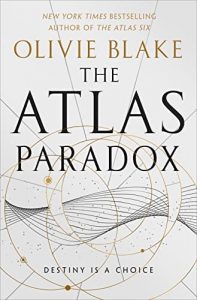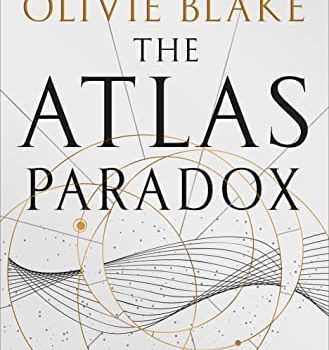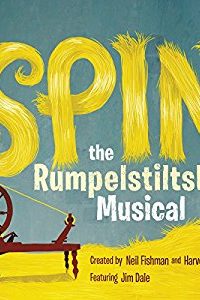Colleen Mondor Reviews The Atlas Paradox by Olivie Blake
 The Atlas Paradox, Olivie Blake (Tor 978-1-250-85509-1, $27.99, hc, 416pp) October 2022. Cover by Jamie Stafford-Hill.
The Atlas Paradox, Olivie Blake (Tor 978-1-250-85509-1, $27.99, hc, 416pp) October 2022. Cover by Jamie Stafford-Hill.
Blake returned in October with the latest installment in The Atlas series, The Atlas Paradox, and quickly tossed readers into more intrigue with the Society of Alexandrians and the drama surrounding its newest members. Fans of the first book, The Atlas Six, will be well aware of the major twist and cliffhanger that came at the end of that title and should be happy to know that Blake wastes no time addressing those issues with the sequel. As the second book is so dependent upon the first, that makes reviewing it spoiler-free pretty much impossible. So, consider yourself warned before you read on, as I have to talk about who isn’t dead and why everything is more complicated than it first appeared.
The Atlas Six followed six young adults chosen to essentially intern with the mysterious Society of Alexandrians. In this alternate Earth, magic is known and accepted, although not terribly common. Part of the appeal of Blake’s world building is that she blends magic, science, and philosophy, tempting readers to dive into all sorts of texts based on her mentions. Two of the primary characters in the series, Libby and Nico, are physicists, with much more discussion of the mechanics of force and power in their magical interactions than typically found in fantasy. In The Atlas Paradox, Libby, for reasons that are quickly obvious, immerses herself deeper into the study of physics to get back home. This brings new characters into the narrative, although their impact is rather minimal. (They seem to exist to support more of the long discussions that were common in The Atlas Six, which Blake uses to allow the main characters to consider the motives of others, and, rather endlessly, engage in self-analysis.)
Fans of the first book will be fine with all the introspection, but those hoping for more action this time around will be disappointed. The intricacies of Blake’s world remain stubbornly elusive, and the reasons why the Alexandria Library is kept hidden, and why the great magic within it insists on regular sacrifices of talented young people, are unclear. While the person behind Libby’s attack is known (and a much larger part of the second book), the odd manner in which he goes about waging his personal war against the library’s caretaker is no less logical this time around than in the first book. All of this means that while The Atlas Paradox continues to effectively embrace the dark academia atmosphere, its moody, broody characters spend as much time being attracted to each other as they do trying to figure out what is actually going on around them. When it comes to style, Blake delivers, but when it comes to plot, I found myself often a frustrated reader trying to understand just when all the personal drama was going to get me somewhere.
The bottom line is that everyone from The Atlas Six returns in The Atlas Paradox. There is another cliffhanger, though not as dramatic. The characters remain conflicted, confused, and inclined to wallow in their own problems (manufactured or otherwise). The library still doesn’t make a lot of sense, which is disappointing, as the Alexandria Library is such a compelling subject all on its own (magic or not). I think Blake has flashes of brilliance and is capable of being a great storyteller, but the Atlas series just keeps making promises its angst-ridden characters can’t deliver. The second book shows that while still a pleasant diversion, the series overall is not the substantive adventure it sets out to be.
Colleen Mondor, Contributing Editor, is a writer, historian, and reviewer who co-owns an aircraft leasing company with her husband. She is the author of “The Map of My Dead Pilots: The Dangerous Game of Flying in Alaska” and reviews regularly for the ALA’s Booklist. Currently at work on a book about the 1932 Mt. McKinley Cosmic Ray Expedition, she and her family reside in the Pacific Northwest and Alaska. More info can be found on her website: www.colleenmondor.com.
This review and more like it in the December 2022 issue of Locus.
 While you are here, please take a moment to support Locus with a one-time or recurring donation. We rely on reader donations to keep the magazine and site going, and would like to keep the site paywall free, but WE NEED YOUR FINANCIAL SUPPORT to continue quality coverage of the science fiction and fantasy field.
While you are here, please take a moment to support Locus with a one-time or recurring donation. We rely on reader donations to keep the magazine and site going, and would like to keep the site paywall free, but WE NEED YOUR FINANCIAL SUPPORT to continue quality coverage of the science fiction and fantasy field.
©Locus Magazine. Copyrighted material may not be republished without permission of LSFF.








